World Bank projects 2.5 percent growth for Nigeria in 2022
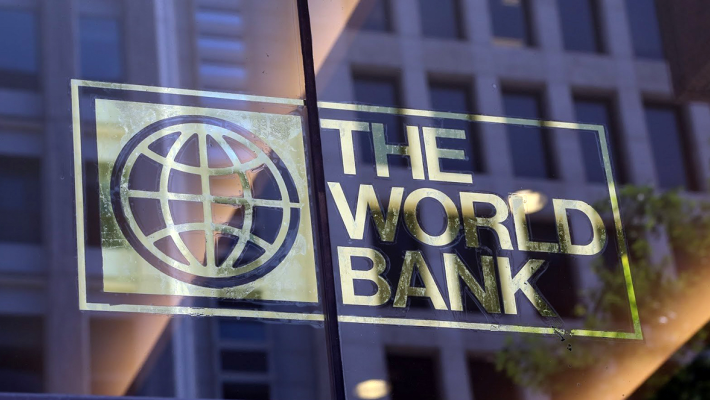
The World Bank has predicted that the economy of Nigeria will grow by 2.5 per cent in 2022.
In its flagship report for 2022 titled Global Economic prospect, the bank said the country’s economy is expected to rise to 2.8 per cent in 2023.
It projected Nigeria to benefit from an increase in oil price, a gradual easing of the Organization of the Petroleum Exporting Countries (OPEC) production cuts, and domestic regulatory reforms.
“In Nigeria, growth is projected to strengthen somewhat to 2.5 percent in 2022 and 2.8 percent in 2023,” the bank said.
“The oil sector should benefit from higher oil prices, a gradual easing of the Organization of the Petroleum Exporting Countries (OPEC) production cuts, and domestic regulatory reforms,” it added.
The bank suggested that activities in the non-oil economy “will remain curbed by high levels of violence and social unrest as well as the threat of fresh COVID-19 flare-ups with remaining mobility restrictions being lifted guardedly because of low vaccination rates.”
It further predicted that activities in the telecommunications and financial services sectors will wax strong.
The International Monetary Fund (IMF) in November predicted that the economy of Nigeria and other Sub-Sahara African nations will grow by 3.8 per cent in 2022.
Kristalina Georgieva, the Managing Director of IMF highlighted that the growth projection was in the wake of rising uncertainty around new COVID-19 variants and financial conditions.
In October, the fund suggested that the economic recovery of Nigeria and other sub-Saharan nations will be slowest, lagging behind developed nations.
The projection implies that the continent will suffer the slowest recovery in the world as advanced markets grow by more than five per cent, while other emerging markets and developing countries grow by more than six per cent.
Giving reason for the slow recovery, Abebe Aemro Selassie, director of the IMF’s African department, explained that the impact of the COVID-19 pandemic on the region’s economy is making a swift recovery difficult.
He also blamed slow vaccine rollout and stark differences in policy space for the laggard recovery.
We have recently deactivated our website's comment provider in favour of other channels of distribution and commentary. We encourage you to join the conversation on our stories via our Facebook, Twitter and other social media pages.
More from Peoples Gazette

Politics
Katsina youths pledge to deliver over 2 million votes to Atiku
“Katsina State is Atiku’s political base because it is his second home.”
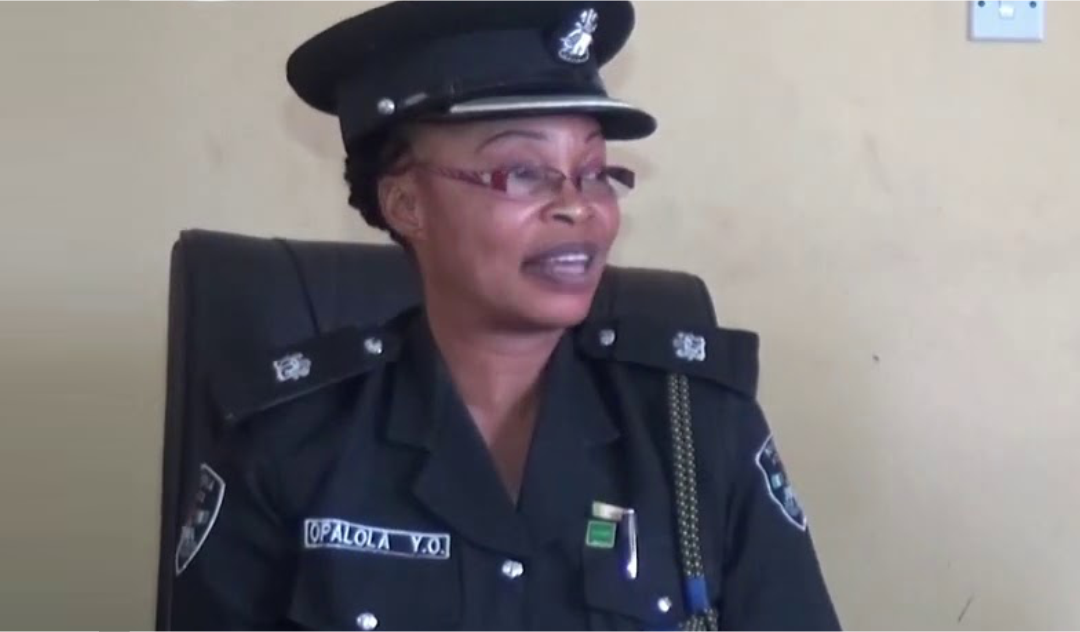
States
Osun: Police arrest four suspects for allegedly killing woman for money ritual
Ms Opalola said the suspect’s confession led to the arrest of the three other suspects.

States
Customs seized N126.2 million smuggled goods in Kebbi in two months: Official
“Our operations so far have yielded positive outcomes leading to several seizures of items within the period under review.”
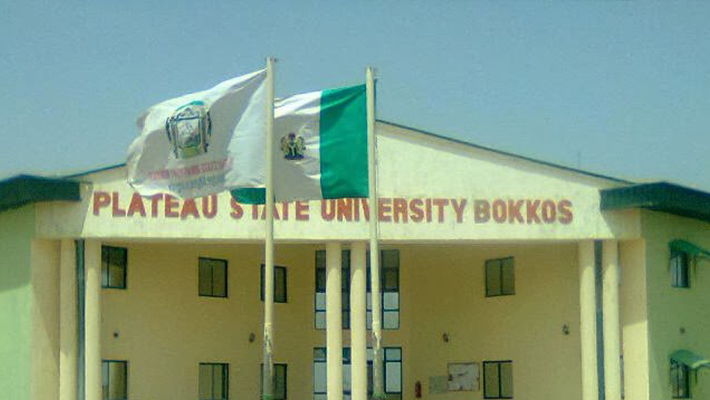
Education
Plateau varsity suspends exams after killing of 200-level student by gunmen
Mr Ayuba said that the university had also declared a two-day mourning in honour of the slain student.

Lagos
Lagos govt. nabs ten fake enforcement officials
“The arrest was made in response to complaints registered at the ministry by concerned citizens,” he said.
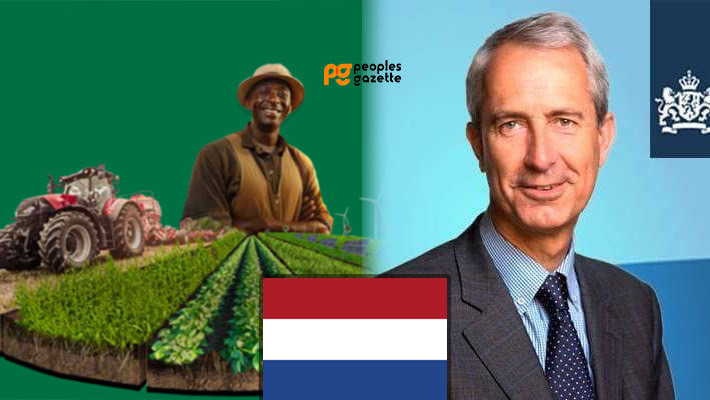
Agriculture
Netherlands, Nigeria collaborate to enhance food security
One of the key initiatives is the Netherlands-Nigeria Seed Partnership, aimed at improving access to quality seeds and enhancing crop productivity.
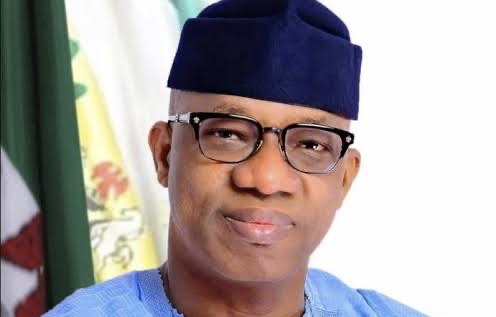
Economy
Ogun government begins enrolment of 80,000 beneficiaries for FG’s cash transfer
She disclosed that over 80,000 households would benefit from the exercise in 192 wards and 2,681 communities across Ogun.








